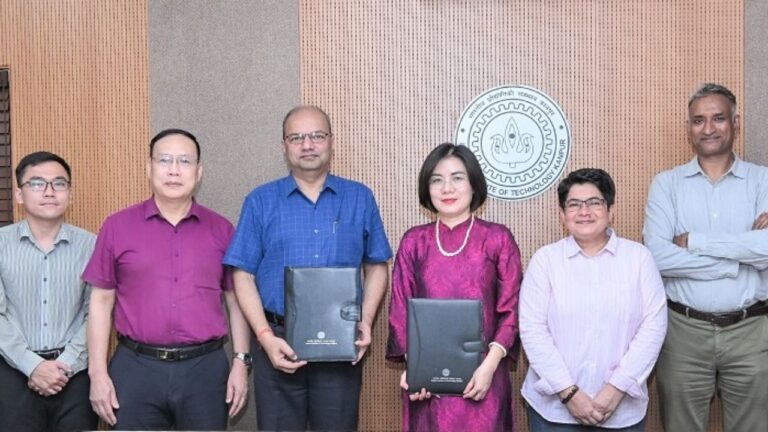
India’s technology sector is on the brink of a significant transformation, driven by the rapid expansion of the economy and the increasing integration of advanced technologies. Over the next two to three years, the industry will require over one million engineers with specialized skills in artificial intelligence (AI), big data analytics, and cybersecurity, according to an estimate by the National Association of Software and Service Companies (NASSCOM).
The Demand for Skilled Engineers
The burgeoning tech sector will necessitate the reskilling of more than half of its current workforce to meet the demands of emerging fields. Sangeeta Gupta, Senior Vice President and Chief Strategy Officer at NASSCOM, emphasized the critical need for ongoing skill development. “Employability of the workforce is a huge challenge and will require a fair amount of work,” Gupta noted. “The industry can’t do with a one-time up-skilling; it has to be a continuous journey amid a fast-changing digital landscape.”
The Economic Significance of the Tech Sector
India’s tech sector, valued at $250 billion, is a cornerstone of the national economy, employing approximately 5.4 million people. It contributes around 7.5% to the country’s gross domestic product (GDP), which exceeds $3 trillion. However, a substantial skills gap is threatening the competitiveness of Indian IT companies on the global stage.
Struggles of Major IT Firms
Leading IT firms like Tata Consultancy Services Ltd. (TCS) are facing significant challenges in filling positions due to the mismatch between available skills and job requirements. Last month, TCS reported an inability to fill 80,000 positions because of this gap. The company has since doubled the number of its employees trained in AI in the fiscal year ending in March. Similarly, Larsen & Toubro Ltd., India’s largest engineering and construction firm, disclosed a shortage of 20,000 engineers in its IT and IT-enabled services unit as of June.
The Root of the Skills Gap
Gupta pointed to the country’s education system as the root cause of the skills gap. She criticized the schooling system from lower grades to high school for not providing students with sufficient practical skills necessary for the job market. Colleges also fall short in equipping students with hands-on experience required in the tech industry.
The Growing Demand-Supply Gap
NASSCOM projects that the demand-supply gap for digital talent will increase from the current 25% to about 29% by 2028. This widening gap poses a significant challenge to the growth and sustainability of the tech sector.
Broader Economic Implications
These concerns echo warnings from prominent economists like former Reserve Bank of India Governor Raghuram Rajan, who have highlighted the adverse impact of inadequate education on the country’s growth prospects. With more than half of India’s 1.4 billion population under the age of 30, the implications of this skills shortage are far-reaching. A recent International Labour Organisation (ILO) report noted that higher-educated young people in India are more likely to be unemployed than those without any schooling.
Addressing the skills gap in India’s tech sector is imperative for maintaining its competitive edge globally and supporting economic growth. This will require concerted efforts from both the government and the industry to overhaul the education system and ensure continuous, practical training for the workforce.






